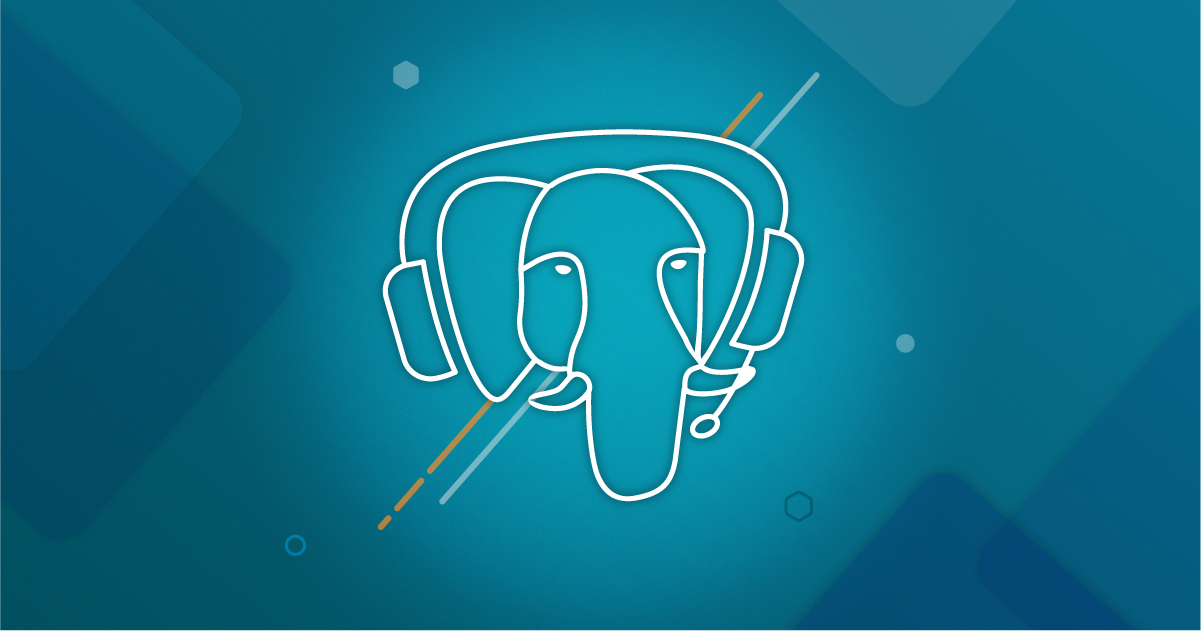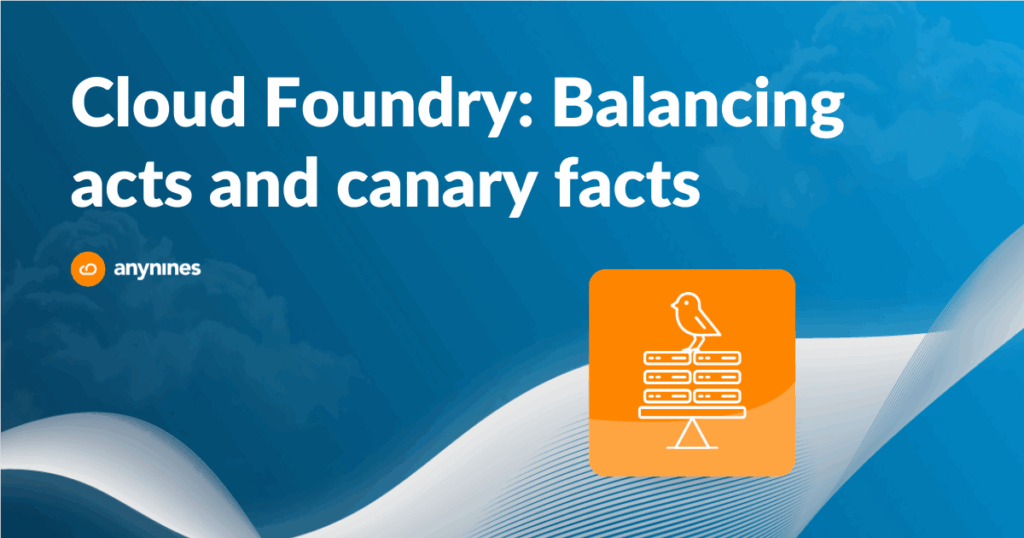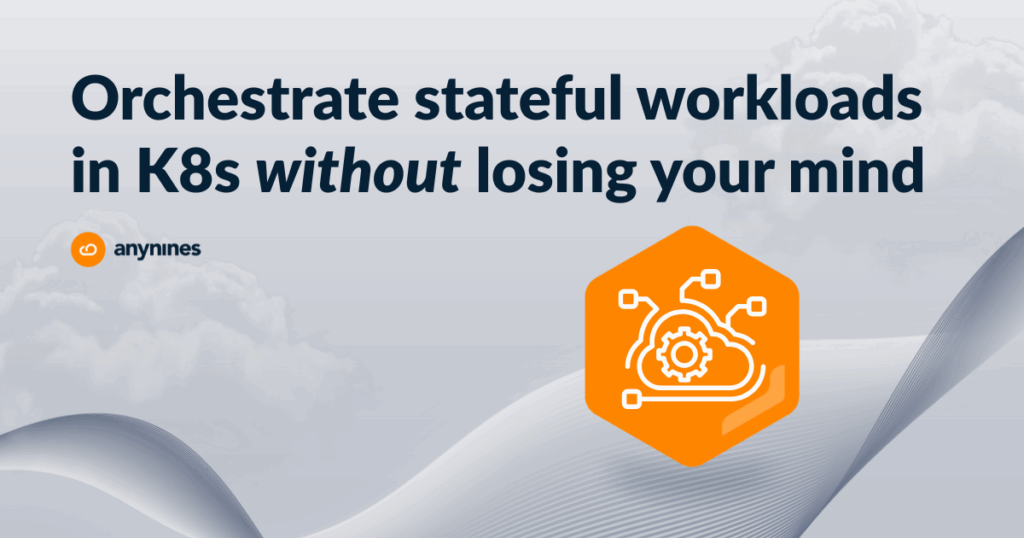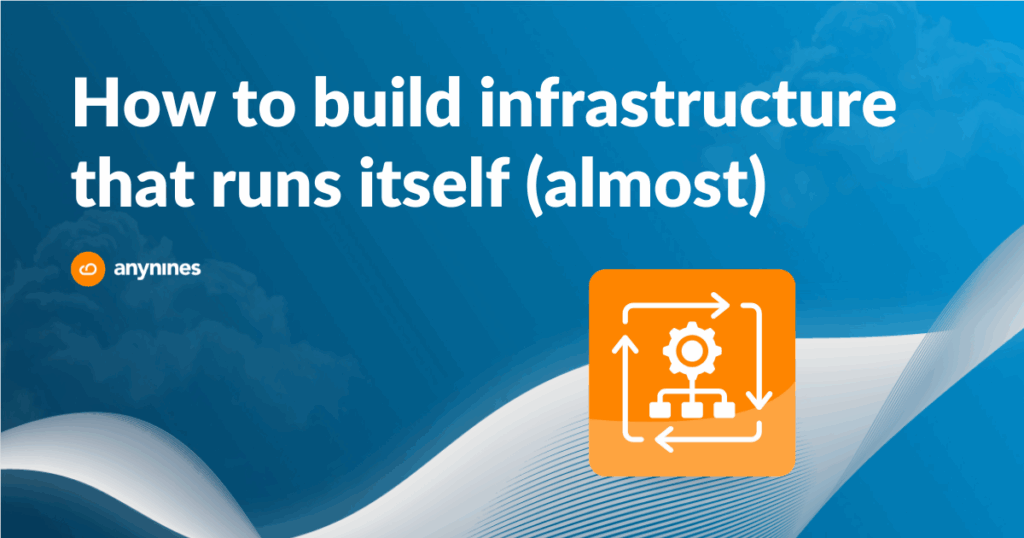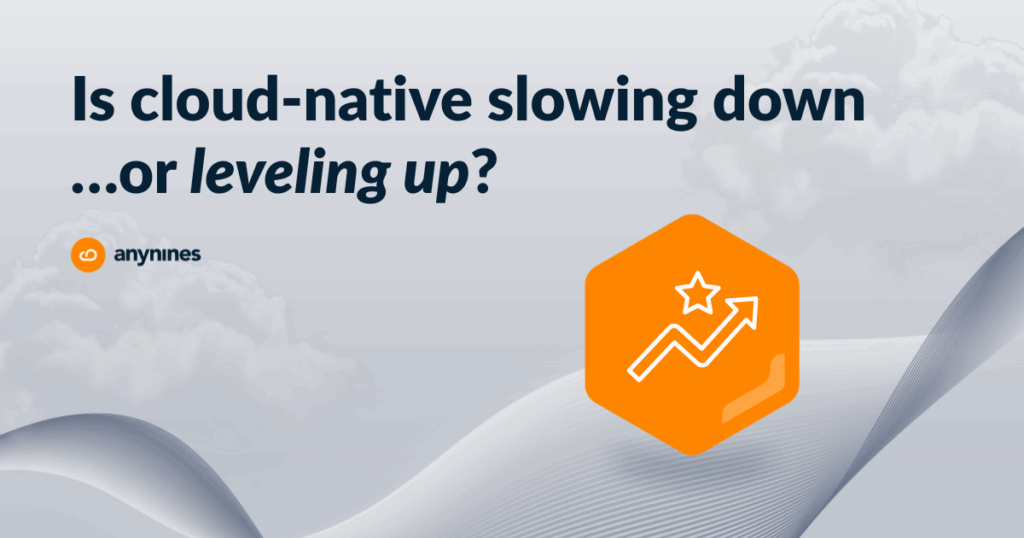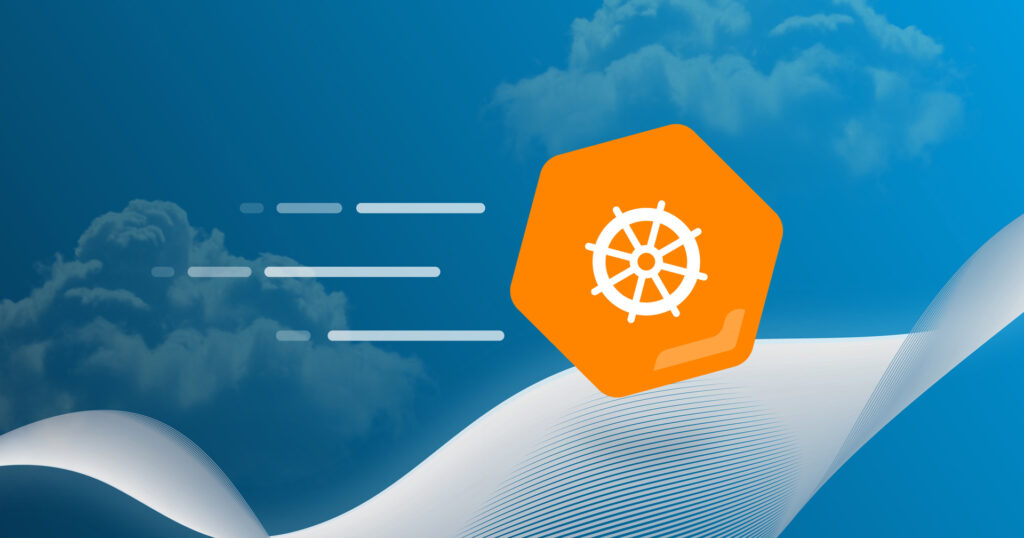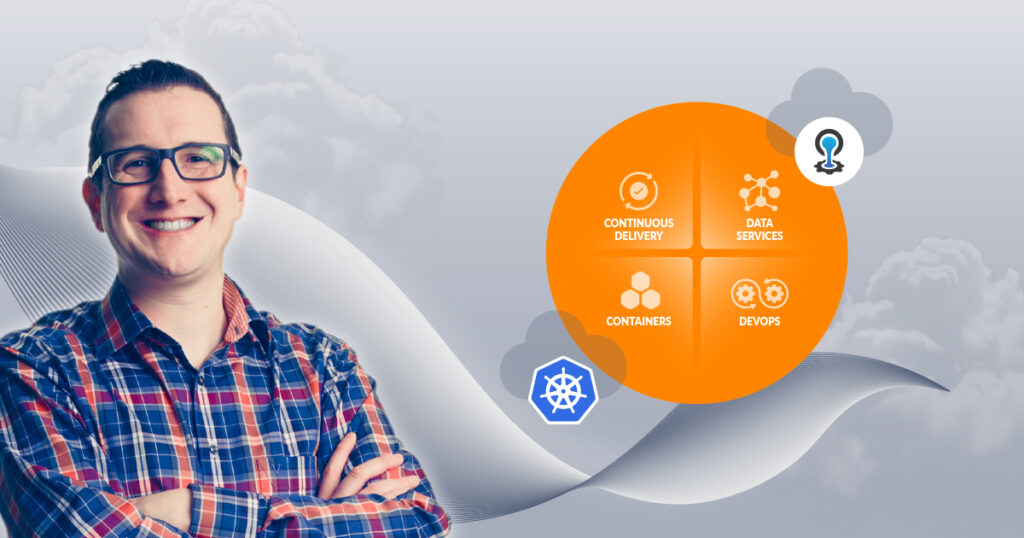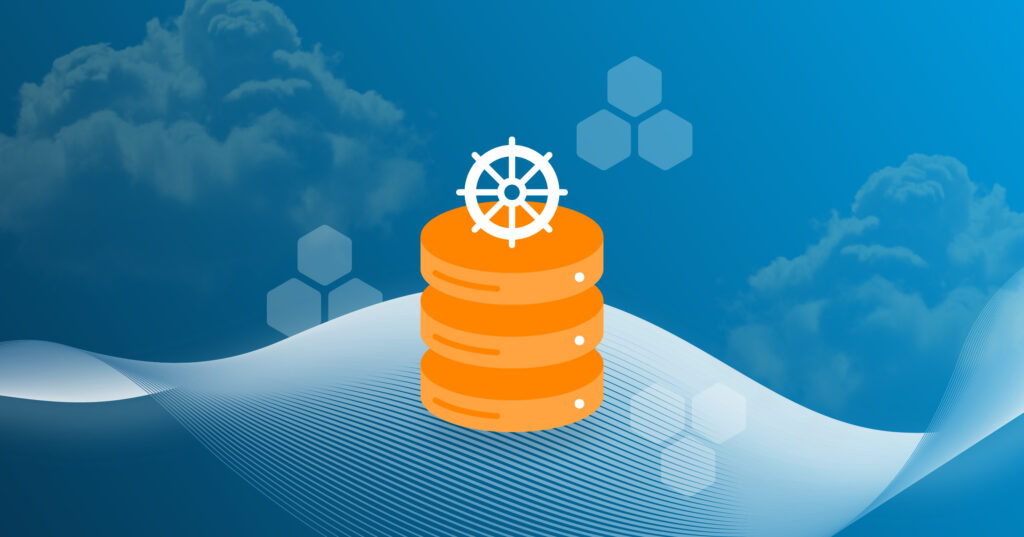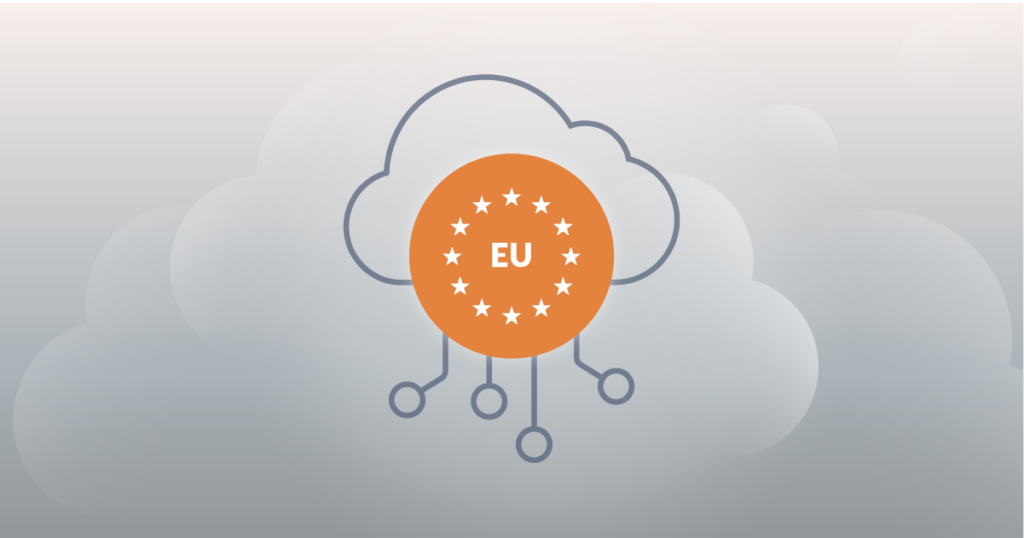Almost every software, web application, and tech product needs a database in its backend. A stable database management framework is needed to keep the numerous data transactions with terabytes of data running smoothly. Many developers rely on PostgreSQL to provide a seamless data warehouse for all their heavy and complex data needs.
Due to its open-source and freely accessible nature, PostgreSQL has grown in popularity for software and web applications. It is reliable, robust and possesses several advanced capabilities for storing, retrieving, and organizing structured data. For this reason, it’s one of the first-choice database management tools for most programmers, whether they’re building a simple blog or a complex web application. Currently, it is in the top 5 of the most widely used RDBMS.
PostgreSQL provides support for a huge set of advanced functions, including user-defined types, table inheritance, nested transactions, a sophisticated locking mechanism, high availability, streaming replication and geographic data storage techniques such as PostGIS. In this article, we will explain what PostgreSQL is and when to use it for your automation and data service needs.
What is PostgreSQL Used For?
PostgreSQL is an advanced, open-source, and highly stable database management system that supports relational (SQL) and non-relational (JSON) querying. It serves as a primary data warehouse for all kinds of web, mobile, geospatial, or analytical applications.
PostgreSQL’s robust and efficient nature stems from over 30 years of continuous development and contribution from different community members dedicated to upgrading and improving its resilience, integrity, and correctness. Because it supports both traditional SQL and modern, non-relational JSON queries, PostgreSQL is widely used in production for:
- Web and mobile applications
- Geospatial and mapping platforms
- Analytics and data warehousing
- Content management systems
- IoT platforms with high-throughput data ingestion
What are the Advantages of PostgreSQL for Your Database Management?
Using PostgreSQL for your data service has various benefits that make it a compelling choice for all your needs. The advantages include:
- Robustness and Reliability: PostgreSQL can handle voluminous and critical workloads without compromising data integrity. It strictly adheres to the ACID (Atomicity, Consistency, Isolation, Durability) principle even when threatened by system failures.
- Numerous Advanced Features: PostgreSQL gives developers and database administrators extensive features supporting complex data types like arrays, geometric data, and JSON. It also provides them with full-text search features, advanced indexing mechanisms, and other inbuilt functions allowing data manipulation and analysis.
- Extensibility: One of the most prominent advantages of PostgreSQL is that it gives developers the framework they need to develop and integrate extensions seamlessly. They can then use the extensions to add new procedural languages, indexing methods, and data types. It can also be integrated and managed within a Kubernetes cluster.
- High Level of Compliance: PostgreSQL adheres strictly to SQL standards and supports SQL features. Hence, it is compatible with other SQL-based applications.
- Scalability & Availability: PostgreSQL is highly scalable to meet growing demand. Using its multi-version concurrency control system, this robust system can accommodate multiple simultaneous transactions without limitations. It also allows you to partition and distribute your data across multiple instances to enhance optimal performance, or to replicate data on multiple instances across different geographical regions to guarantee high availability.
- Cost Effectiveness: Despite its many features, PostgreSQL is open-source and free to use. Therefore, it is a cost-efficient and reliable solution for businesses to use throughout their data lifecycle management.
Common Use Cases For PostgreSQL
PostgreSQL is suitable for a wide range of applications and use cases. Some of them include:
1. Building Web Applications
PostgreSQL is a go-to choice for web development frameworks like Django, Ruby on Rails, and Laravel. Its support for JSONB, full-text search, and foreign data wrappers makes it a strong backend for modern APIs and microservices. You can use PostgreSQL to build various web applications, from simple blogs to complex web applications. Its unique features, like an advanced indexing mechanism, full-text search, and JSON support, enables developers to create responsive applications.
2. Data Warehousing
PostgreSQL supports large volumes of structured data, complex joins, and custom aggregations, making it ideal for business intelligence and reporting systems. Developers and their organizations can store an unlimited amount of data on PostgreSQL. It’s robust and extensible enough to handle any amount of data and complex analytical queries. You can also use its partitioning and indexing feature to retrieve your data easily when necessary.
3. Projects Involving Geospatial Information Systems (GIS)
PostgreSQL can be extended with PostGIS, adding support for geographic objects, location-based queries, and spatial indexing—widely used in logistics, urban planning, and environmental analysis. PostgreSQL is ideal for executing spatial data projects because it supports GIS applications so it is a great option for conducting geographical analysis or building a mapping app.
4. Developing Content Management System
It integrates well with platforms like WordPress, Drupal, and Joomla for powering content-heavy websites with high query complexity. PostgreSQL can be used as a database backend for content management systems. It is highly reliable for maintaining data integrity and handling complex queries from even the most content-rich websites.
5. Building Internet of Things (IoT) Application
PostgreSQL can efficiently ingest and process high-velocity sensor data, especially when paired with time-series extensions like TimescaleDB, making it super useful when building IoT applications. The rise of automation, virtualization, and artificial intelligence requires a robust and stable database capable of housing seriously huge amounts of data. Postgres can be the database management system that easily handles, stores, queries, and analyzes structured and unstructured data needed to build IoT applications.
PostgreSQL as a Service: a9s PostgreSQL and a8s PostgreSQL
At anynines, we help teams operate PostgreSQL in production environments with built-in automation, backups, and monitoring—so you can focus on building apps, not managing databases.
a9s PostgreSQL: For Virtual Machines
Ideal for teams running on IaaS platforms like AWS, Azure, or OpenStack. a9s PostgreSQL automates provisioning, backups, failover, and version upgrades while running in VMs. It’s infrastructure-agnostic, fully lifecycle-managed, and well-suited for multi-tenant PaaS setups like a9s Cloud Foundry.
a8s PostgreSQL: For Kubernetes
Built for the container era, a8s PostgreSQL runs PostgreSQL as a pod-native service in your Kubernetes cluster. It integrates with Kubernetes primitives like StatefulSets, PersistentVolumes, and Operators to deliver high availability and resilience while maintaining cloud-native principles. Perfect for teams modernizing their stack or adopting GitOps workflows.
PostgreSQL vs SQL Server
Many organizations considering PostgreSQL are also evaluating Microsoft SQL Server. Here’s how they compare:
| Feature | PostgreSQL | SQL Server |
|---|---|---|
| License | Open-source (PostgreSQL License) | Commercial (Microsoft) |
| OS Support | Cross-platform (Linux, macOS, Windows) | Windows-centric, with Linux support |
| Extensibility | Highly extensible (custom types, languages, extensions like PostGIS) | Less flexible; extensions require commercial add-ons |
| Community vs Vendor Support | Large open-source community | Backed by Microsoft with enterprise SLAs |
| Standards Compliance | Strong SQL compliance | SQL-compliant with proprietary syntax and tooling |
| Use Case Fit | Great for web apps, analytics, geospatial | Common in enterprise apps, legacy systems, BI tools |
| Cost | Free to use and distribute | Licensing can be costly, especially at scale |
If your organization prioritizes open standards, extensibility, and cost-efficiency, PostgreSQL is a compelling alternative to SQL Server, especially when combined with managed service automation.
Conclusion: A Modern, Flexible DBMS with Options for Any Infrastructure
PostgreSQL is one of the most battle-tested and feature-rich databases available today. Whether you’re building a high-throughput analytics engine, a geospatial mapping app, or a simple CMS, PostgreSQL gives you the power and flexibility to scale without vendor lock-in.
At anynines, we help teams get the most out of PostgreSQL regardless of their infrastructure.
- Need to run PostgreSQL in VMs with full lifecycle automation? Try a9s PostgreSQL.
- Adopting Kubernetes and want pod-native PostgreSQL services? Learn about a8s PostgreSQL.
Let us take care of the operational complexity, so you can focus on what your applications do best.
Learn more about simplifying the deployment, management, and scaling of PostgreSQL databases with a9s PostgreSQL.
